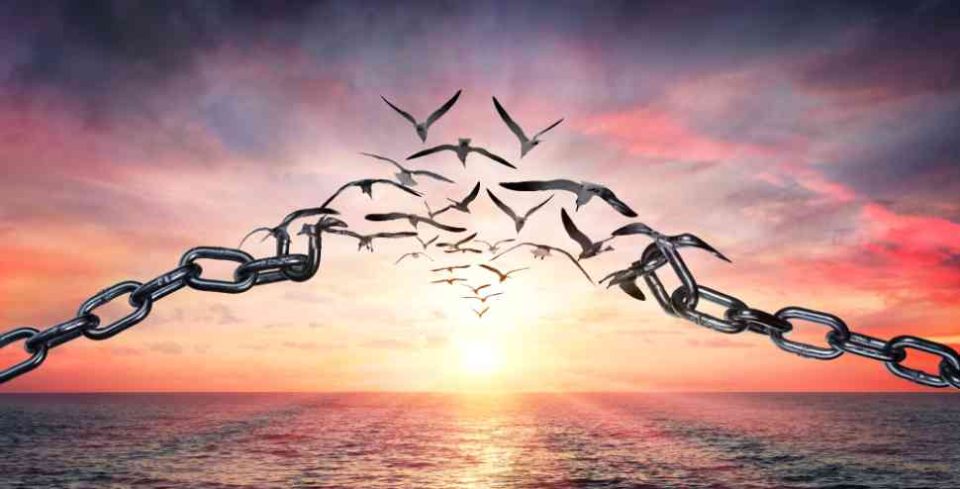The 4 Things People Don’t Forgive

We all feel there are some lines that, if someone crosses, we turn to be completely different people and show a side of ourselves that is quite far from loveable. However, the reality is that there are no unforgivable actions; there are unforgivable people. It is usually the person that is linked to a particular behavior that we refuse to forgive. The person who hurts us can make our scary fears come true. In other words, it helps us draw a nice picture of how being afraid feels. Today, we will bring up the most popular reasons why people will not show any signs of forgiveness in certain situations and why these affect them so much.
- Hypocrisy
It is one of the central attitudes a person will find hard to forgive. It is a sign that the person who acts that way has bad intentions. If there is one thing people cannot ignore, this is the bad intentions of a person who has nothing to lose if they choose to be your friend. In addition, the fact that the person will not reveal them shows that they have a planned strategy that works against others. They are hard to detect, and this is what makes them your number one enemy. They can be at work, in the social environment, or even as members of our close family. These people are generally miserable, and they are unable to conceive the positive aspects of life. They are not loveable and have a great pool of enemies who dislike them so much that they may even want to take revenge. - Ingratitude
Ingratitude is another sign of a bad character. The majority of the population will act in a kind and relatively generous way because they want to attract all the positivity around them. The reason is that being good is usually followed by receiving kindness. Some people claim that no act is genuinely selfless, meaning that even when we act in a non-selfish way, it is because we have something to gain. The thing we gain is the gratitude we get back. Even a smile of a person we have benefited from could be crucial. Even if the person we helped does not know we were the providers of this valuable help, seeing them happy makes us feel good. When we cannot receive this feeling back, this creates a sense of disappointment. However, when the individual knows we are the ones to help and refuses to give us some credit, this is something that most of us will not ignore. Ingratitude can destroy relationships, if not friendships, in the blink of an eye, and there is a reason for that. - Greediness
Greediness is a state where someone is constantly asking from us and is never happy regardless of what they can get in return. This situation can be exhausting for the giver. It may suck all the energy from people who start with the best intentions and finally realize that their efforts have nothing in return. Greediness is about takers, and takers are a category that most people dislike. They are often rude and selfish, and they have no intention of giving anything back. Greediness is tiring, and once people detect it, it is hard for them to forgive it and move on because they know it will never come to an end. - Betrayal
Finally, let us not forget those who feel betrayed. A common example of betrayal is infidelity within a couple. Well, betrayal is linked with several behaviors that, if we put them all together, create a dangerous mix. First of all, we have lies. Betrayal surely implies that someone deceived us in the first place, and in order to do that, they had to lie. Secondly, it shows that the person managed to make us believe their lies. At this point, we are angry with ourselves for not being able to reveal their intentions sooner, and if there is something most people cannot forgive, this is themselves, and this is why betrayal is so hard to forgive.
Have you read?
Why Employers Should Grant More Flexibility to Increase Quality of Work by Joe Mull.
Becoming an Expert Trust Builder by Larry Jacobson.
How your money story impacts the way you treat your finances by Clare Wood.
The Human Factor: The Post Covid Era of Leadership & Employee Loyalty by Deepak Ohri.
THE ROLE OF MINDFULNESS AND HOW IT PREVENTS BURNOUT by Melo Calarco.








